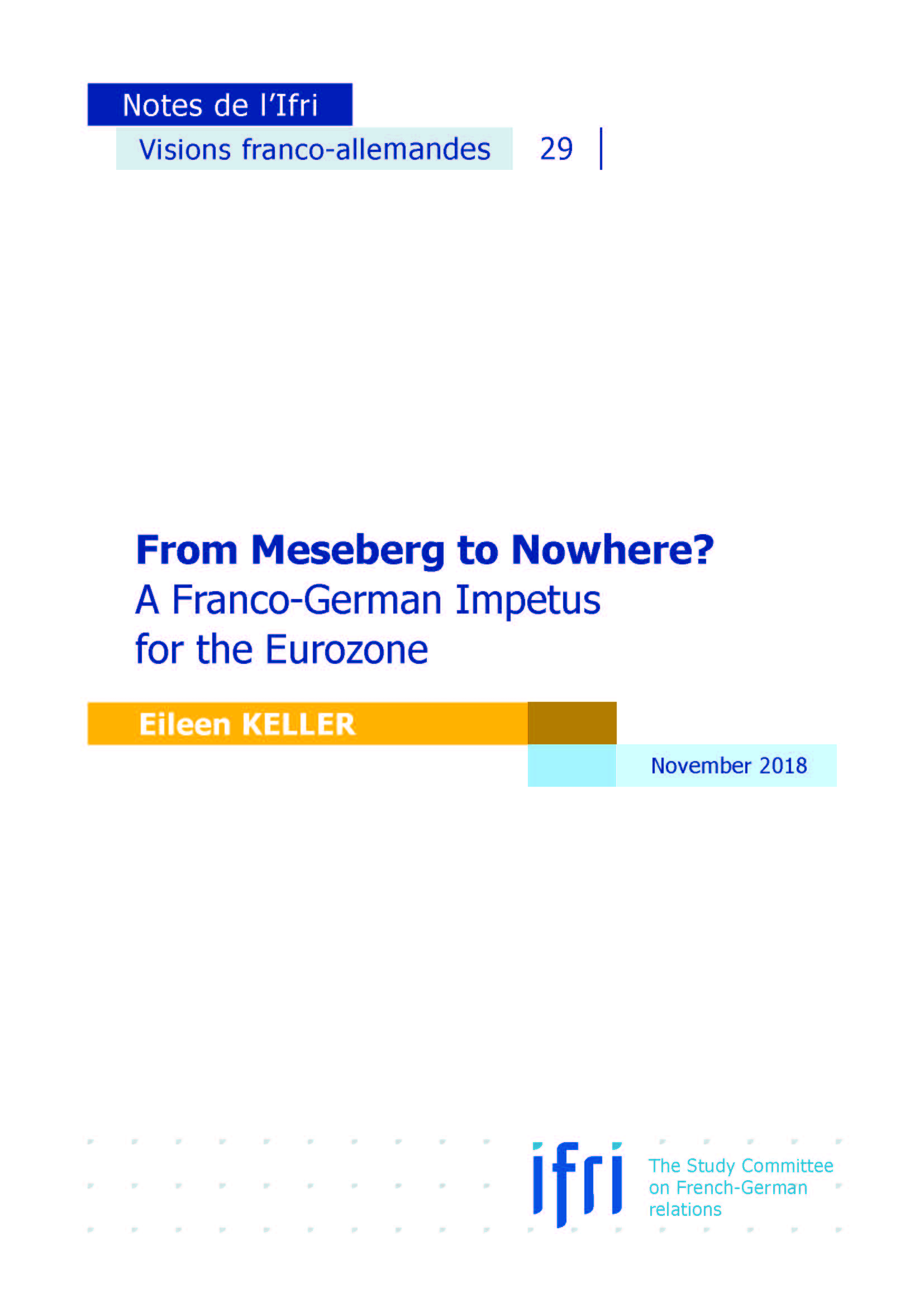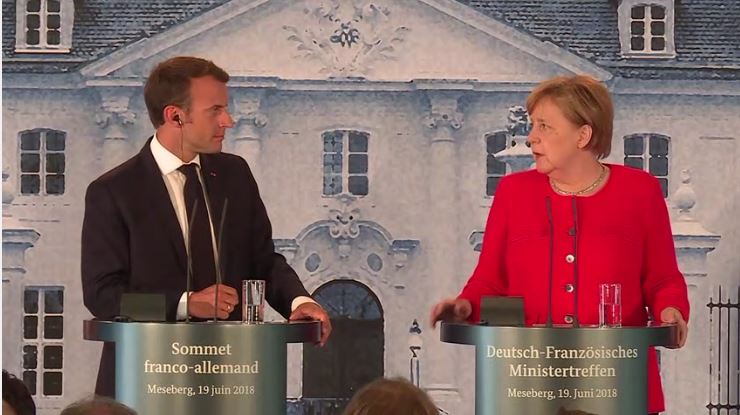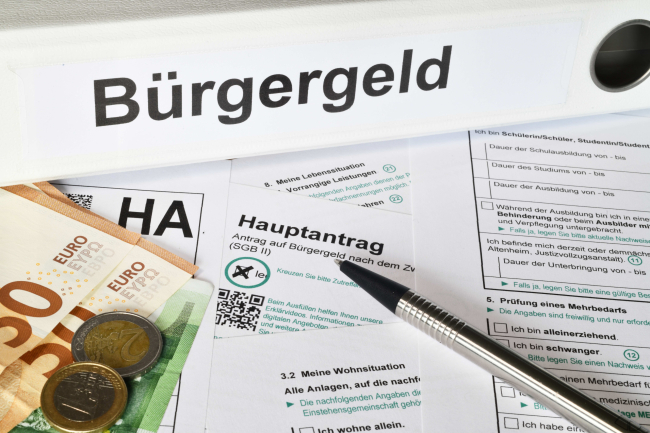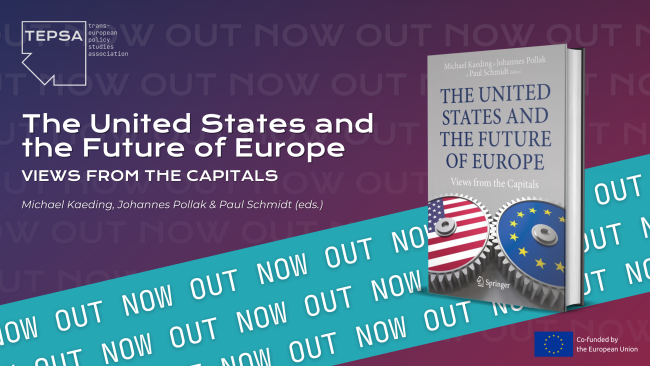From Meseberg to Nowhere? A Franco-German Impetus for the Eurozone

This study analyses the joint efforts by France and Germany to bring about a comprehensive reform of the European currency union. These efforts culminated in the joint Meseberg Declaration adopted in June 2018. The article contextualises these efforts with respect to the reforms realised so far and the different reform options at hand. Besides questions of economic viability and institutional deficits, the article tackles issues of political feasibility.

“From Meseberg to nowhere” was the prognosis given by Werner Mussler, economic correspondent for the Frankfurter Allgemeine Zeitung in Brussels. Commenting on the outlook for the joint declaration by the French President and German Chancellor on 19 June, following protracted negotiations at the German Government's official guest house at Schloss Meseberg, near Berlin, the journalist was critical of both the compromises it contained on strengthening the euro area and the chances of these ever being implemented.
There is no question that the negotiations on the development of the euro area come at a difficult time. However, there are still good grounds for reaching a different conclusion. Both valid economic and political reasons can be found for the reforms proposed in the declaration, the details of which have yet to be developed. Anyone broaching the subject realistically knows that negotiations on economic and monetary union have always been challenging, due to differing concepts of economic policy and divergent economic needs and interests. At the same time, the two figures responsible for the Meseberg Declaration are both exceptional political personalities whom have shown in the past that they can cope with difficult negotiations, and can achieve remarkable results – on condition that Angela Merkel remains in office.
Eileen Keller is a specialist on economic policy at the Deutsch-Französisches Institut (dfi) in Ludwigsburg. She lectures, publishes and teaches on various aspects of French and German economic and fiscal policy as well as European financial and economic integration.
This publication can be downloaded in German on the website of the Franco-German Institute : Von Meseberg nach nirgendwo? Deutsch-französische Impulse für die Eurozone. (PDF).
The French version is available on our French website: De Meseberg à nulle part ? Des impulsions franco-allemandes pour la zone euro. (PDF)
Download the full analysis
This page contains only a summary of our work. If you would like to have access to all the information from our research on the subject, you can download the full version in PDF format.
From Meseberg to Nowhere? A Franco-German Impetus for the Eurozone
Related centers and programs
Discover our other research centers and programsFind out more
Discover all our analysesSocial Policies in Germany. Assessment of the “Traffic Light” Coalition and Prospects for the New Government
Notes du Cerfa, No. 188, Ifri, July 2025 — The defeat of the “traffic light” governing coalition in the snap parliamentary elections of February 2025 calls for an initial – necessarily selective – assessment of the social policies implemented during its term.
The “Huawei Saga” in Europe Revisited: German Lessons for the Rollout of 6G
While the European Union attempted to coordinate a collective response through its 5G Toolbox in Europe’s 5G infrastructure, member states diverged significantly in balancing political, economic, and technological considerations. Germany, despite its economic ties to China and status as Europe’s largest telecom market, only reached a tentative agreement in July 2024—one that appears largely symbolic.
France, the U.S. Oldest and Most Complicated Ally: A Stubborn Defender of a Truly European Industrial and Defence Policy
France, the U.S.’ oldest ally, is also the EU country which most stubbornly defends genuinely European industrial and defence policies. It calls for ‘strategic autonomy’ in all political domains, a position increasingly difficult to hold against a hardening international climate.
The Franco-German Brigade and the Revival of European Defense
One thing has been clear since Donald Trump's return to the White House: the very existence of the European unification project is threatened. Unless it develops a sovereign defense policy to counter the war in Ukraine and the weakening of American security guarantees, the European Union will continue to see its internal cohesion and external attractiveness wane.









